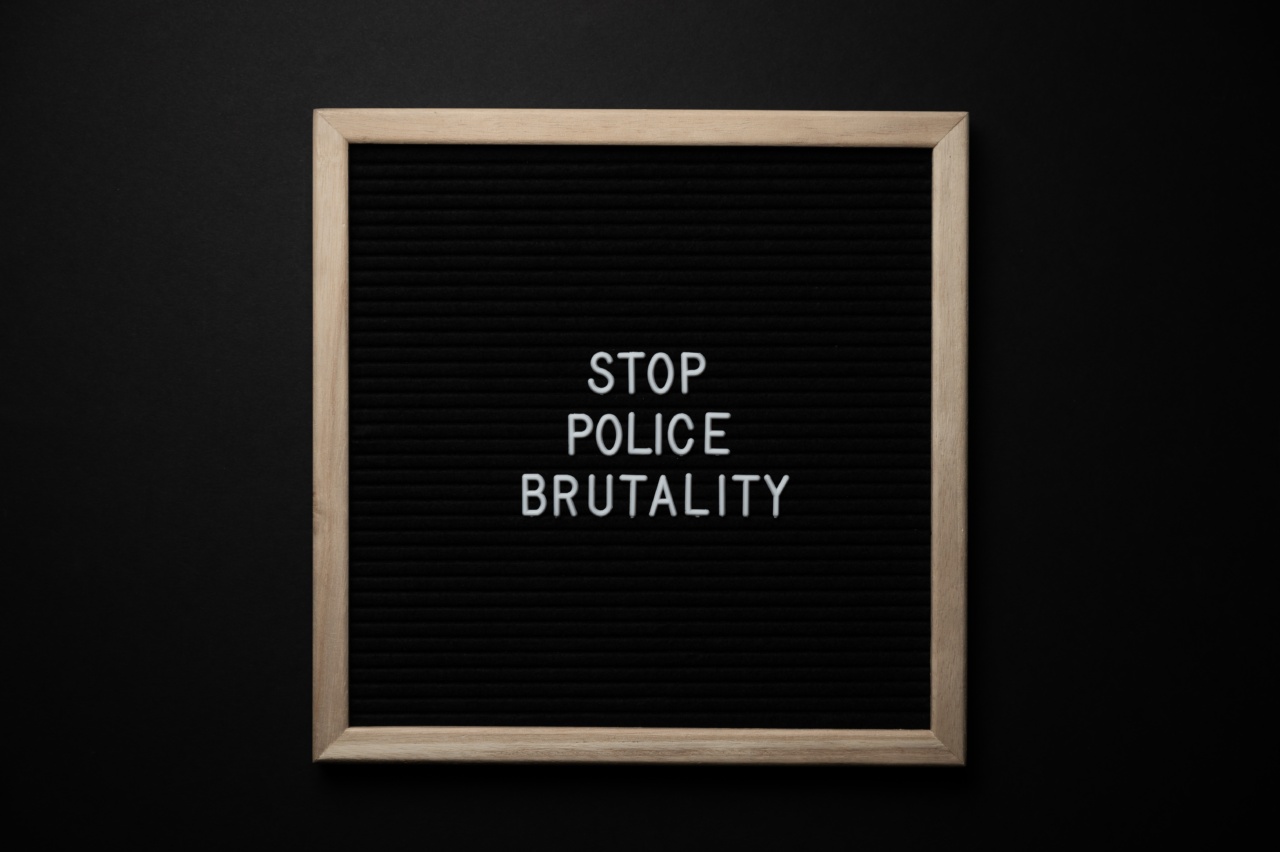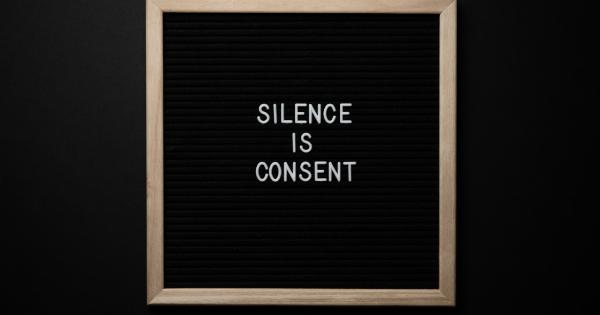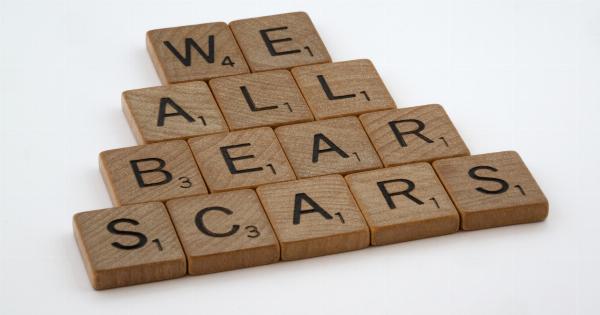Sticks and stones may break my bones, but words will never hurt me. This adage teaches us to have a thick skin when confronting insults or criticisms. But in reality, words can wound just as deeply as actions.
Words can inflict emotional and psychological pain, sometimes even more than physical abuse. In this article, we will explore the power of words to hurt and discuss how we can become more mindful of our language use.
Types of Hurtful Words
Words can hurt in many ways, ranging from mild offense to severe trauma. Let’s look at some examples of hurtful words:.
Insults
Insults are direct attacks on a person’s character, abilities, or appearance. They can be spoken in anger, envy, or just for fun. Insults can lower a person’s self-esteem, damage their reputation, or provoke them to retaliate.
Put-Downs
Put-downs are subtle insults disguised as humor or criticism. They can target a person’s intelligence, achievements, or aspirations. Put-downs can make a person feel unworthy, unappreciated, or misunderstood.
Rumors
Rumors are false or exaggerated stories spread about a person to discredit or humiliate them. They can be fueled by jealousy, revenge, or a desire for attention. Rumors can damage a person’s relationships, career, or mental health.
Gossip
Gossip is idle talk about a person’s private life or affairs. It can involve spreading rumors, sharing personal information, or judging others’ behavior. Gossip can invade a person’s privacy, erode their trust, or create conflict among friends or family.
Rejection
Rejection is the act of refusing or ignoring a person’s request, invitation, or affection. It can be caused by prejudice, fear, or a lack of interest. Rejection can make a person feel unwanted, unimportant, or unloved.
The Effects of Hurtful Words
Words that wound can have long-lasting effects on a person’s well-being. Some of the consequences of hurtful words are:.
Low self-esteem
Constant criticism or ridicule can make a person doubt their abilities, worth, or attractiveness. They may start to internalize the insults and feel ashamed of themselves.
Anxiety and depression
Verbal abuse can cause psychological stress, leading to anxiety, depression, or panic attacks. A person who has been verbally abused may develop a fear of socializing, a mistrust of others, or a sense of hopelessness.
PTSD
PTSD, or post-traumatic stress disorder, can result from experiencing or witnessing a traumatic event, including verbal abuse. A person with PTSD may have flashbacks, nightmares, or avoidance behaviors related to the trigger.
Eating disorders
Hurtful words about a person’s weight or body shape can trigger an eating disorder, such as anorexia or bulimia. These disorders can lead to physical health problems, such as malnutrition, dehydration, or heart failure.
Self-harm
In extreme cases, hurtful words can drive a person to self-harm, such as cutting, burning, or substance abuse. Self-harm can be a way to release emotional pain or punish oneself for perceived faults.
How to Be Mindful of Your Language Use
Now that we have seen the impact of hurtful words, how can we become more mindful of our language use? Here are some tips:.
Think before you speak
Before you say something, ask yourself: Is it true? Is it kind? Is it necessary? If the answer is no to any of these questions, reconsider your words. It’s better to stay silent than to say something hurtful.
Avoid generalizations or stereotypes
Don’t assume that all people of a certain group behave or think the same way. Avoid using slurs or derogatory terms related to race, religion, gender, sexuality, or disability. Use people-first language to respect everyone’s individuality.
For example, say “person with autism” instead of “autistic person.”.
Show empathy and respect
Put yourself in the other person’s shoes. Understand their perspective, feelings, and needs. Respect their boundaries and privacy. Avoid belittling or mocking them, even if you disagree with their opinions or actions.
Apologize and make amends
If you have said something hurtful, apologize sincerely and offer to make it right. Don’t make excuses or shift the blame. Take responsibility for your words and actions. Learn from your mistake and try not to repeat it.
Conclusion
Words have the power to wound just as deeply as actions. We need to be mindful of our language use and avoid using hurtful words.
We also need to be aware of the impact of hurtful words on others and offer support and empathy to those who have been verbally abused. Let us choose our words wisely and create a kinder, more respectful world.





























